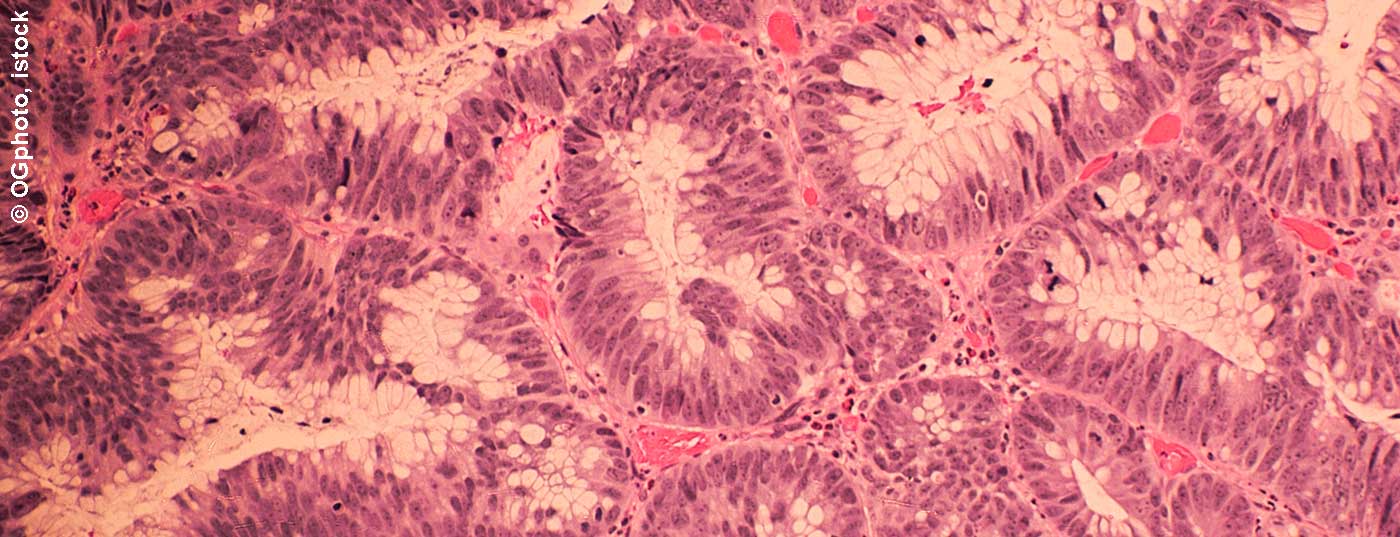Recent studies revealed that the mTORC2 protein – the target of some newly developed cancer drugs – is not active at all in colorectal cancer. mTORC2 activity has been detected only in certain immune cells, which, however, require this protein to fight cancer cells.
A tumor is not only composed of cancer cells, but also contains a variety of immune cells that normally fight against the cancer cells. However, many tumors have developed strategies to reprogram immune cells to support tumor growth. In the age of immunotherapy, which is very successful in reactivating the immune system, research into the interaction of tumor cells and immune cells is of great importance.
mTORC2 supports tumor growth – but not always
The mTORC2 protein plays an important role in tumorigenesis and is currently the target of a number of new drugs that can successfully inhibit cancer cell growth in the test tube. Expectations are therefore high that mTORC2 inhibitors may be effective in many cancers in the future, including colorectal cancer. However, a team of researchers has now discovered that mTORC2 is not actually active in colorectal cancer cells, but only in macrophages that normally fight cancer cells. They demonstrated that high mTORC2 activity in macrophages is important to suppress colorectal cancer growth in animal models. In addition, they found that in colorectal cancer patients, high mTORC2 activity in macrophages is associated with a favorable outcome. These results suggest that it may be therapeutically useful to maintain rather than inhibit mTORC2 activity in colorectal cancer.
Source: ‘Unexpected role of mTORC2 protein in colorectal cancer’, 23 Oct 2019, Medical University of Vienna.
InFo ONCOLOGY & HEMATOLOGY 2019; 7(6): 42 (published 12/8/19, ahead of print).











